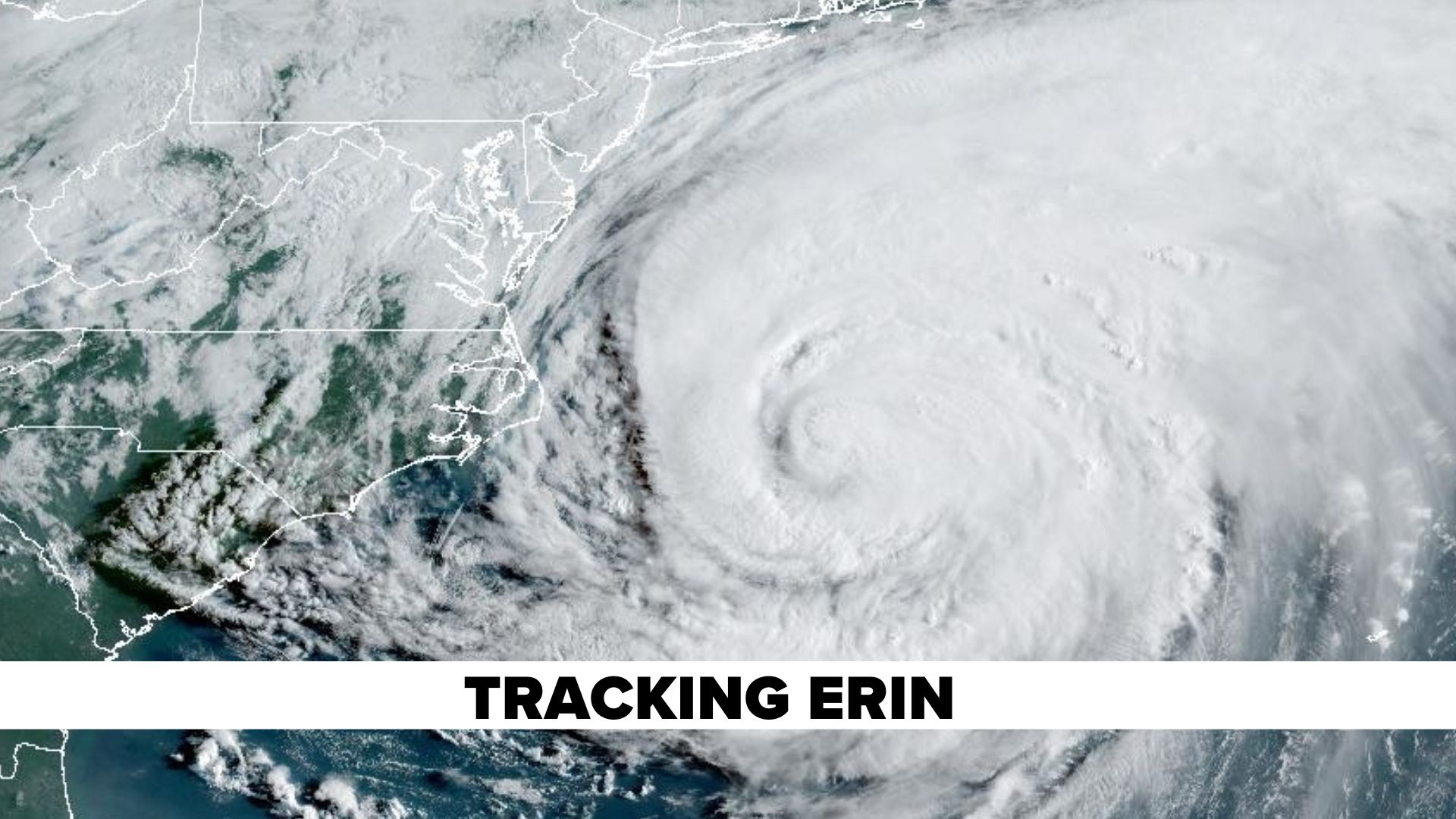How to help Texas flood victims and avoid charity scams

If you are looking to donate to charities in wake of the deadly flooding in Texas, there are some important tips you should know to avoid scams looking prey on people's emotions.
As heartbreaking as the tragic images from the disaster in central Texas are, the fact the deadly flooding took place over a holiday weekend meant less people saw the devastation and therefore less people donated.
Organizations like Charity Navigator, which helps millions of people take action and support the causes they care about by connecting them to the charities which it vets and rates, hope to raise more funds for victims' families and survivors.
Senior VP of Development at Charity Navigator Kyle Gardner says that since July 5, their give now list for central Texas flooding has helped raise over $121,000 for organizations responding to the crisis.
"We have to route out bad actors, which is why its important to check," Gardner said.
People making donations to Texas flooding relief are choosing smaller organizations.
Nearly half of all funds raised through Charity Navigator so far are supporting groups demonstrating boot on the ground, like the community foundation of Texas Hill Country, which launched a relief fund to support flood affected Kerr County residents.
It has a four-star beacon rating which means it met all the impact, accountability leadership and community standards required for excellent ratings.
The National Cybersecurity Alliance is warning people to be on alert for fraudulent disaster-related emails, texts and websites that often emerge after natural disasters.

These scams prey on people's emotions and their desire to help others, according to experts.
"Some individuals use real images of victims to create fake crowdfunding campaigns; others build websites that closely resemble those of well-known charities," said Lisa Napoliello, Vice President of the Better Business Bureau of Greater Houston and South Texas. "If users don't carefully verify the legitimacy of these sites, they risk sending money to fraudulent operations. They do play on people's emotions, they will be very long on emotions but short on actual facts. So, if you were to ask questions about how they're helping with relief and recovery, they wouldn't be able to provide very much information, whereas a legitimate organization would be able to share all that information with you. Also they are very high-pressured, they make you feel like you have to donate immediately on the spot and not give you that time that you need to evaluate and research to make sure it's a legitimate group."
Also, beware of solicitations. Real charities are too busy right now with response and recovery to hit up your DMs.
Don't click on any links which show up in your inbox.
You can scan the QR code below that will take you directly to vetted non-profits which really need resources.

----------
SHARE YOUR STORY
Do you have an issue with a company that you haven't been able to resolve? If so, 7 On Your Side wants to help you!
Fill out the form below or email your questions, issues, or story ideas by filling out the form below or by emailing 7OnYourSideNina@abc.com. All emails MUST INCLUDE YOUR NAME AND CELLPHONE NUMBER. Without a phone number, 7 On Your Side will not be able to respond.











